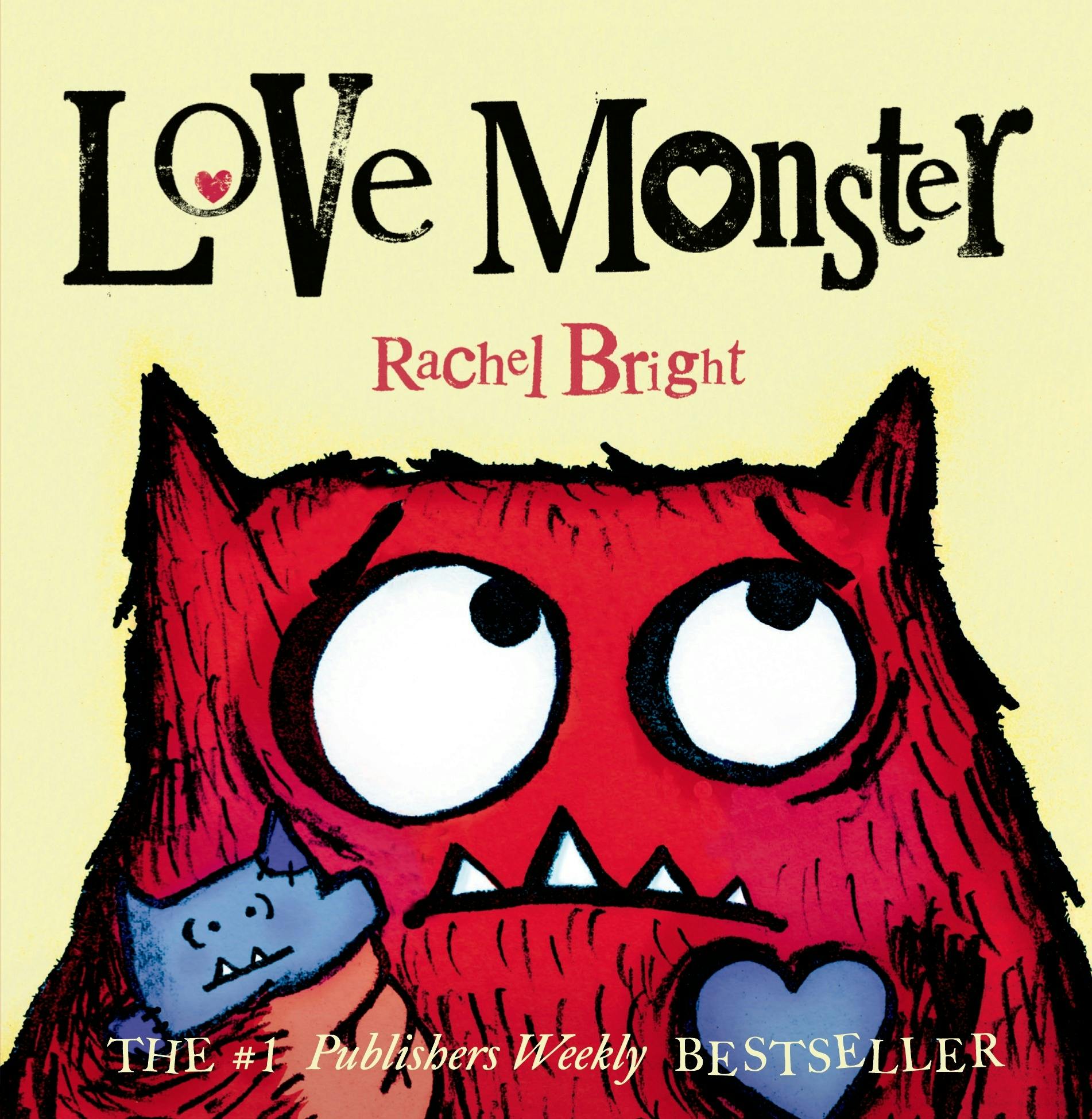How To Deal With A Love Monster

Table of Contents
Recognizing the Signs of a Love Monster
Identifying a toxic relationship can be challenging, as love monsters often mask their abusive behavior with charm and affection. However, certain red flags consistently indicate an unhealthy dynamic. Understanding these toxic relationship signs and unhealthy relationship indicators is crucial for protecting yourself. Several types of toxic behaviors include:
-
Controlling Finances: This can range from monitoring every penny spent to preventing access to funds. For example, a love monster might demand complete control over joint accounts or refuse to contribute financially, leaving you feeling trapped and powerless.
-
Isolation from Friends and Family: Love monsters often try to cut you off from your support network, leaving you dependent on them and vulnerable to further manipulation. This might involve discouraging contact with loved ones or actively sabotaging your relationships.
-
Emotional Manipulation: This involves using subtle tactics to control your emotions and behavior. This could include guilt-tripping, gaslighting (making you doubt your sanity), or playing the victim to shift blame.
-
Gaslighting: This insidious tactic involves making you question your own perception of reality. For instance, they might deny something they clearly said or did, leaving you feeling confused and doubting yourself.
-
Verbal Abuse: This encompasses insults, constant criticism, belittling remarks, and threats. This kind of abuse can significantly erode your self-esteem and confidence.
-
Physical Abuse: This is the most severe form of abuse, involving physical violence, threats of violence, or intimidation through physical displays of aggression.
Here are some warning signs to watch out for:
- Constant criticism and belittling
- Controlling your social life and interactions
- Making you feel guilty or responsible for their actions
- Threats or intimidation
- Gaslighting – making you question your own sanity
- Isolation from support networks
Recognizing these controlling behavior and manipulative tactics is the first step towards escaping an abusive relationship.
Protecting Yourself: Establishing Boundaries and Self-Care
Once you've identified a toxic relationship, protecting yourself becomes paramount. This involves setting clear boundaries and prioritizing self-care. Setting boundaries in relationships is essential for your well-being and self-respect.
Examples of healthy boundaries include:
- Limiting contact: Reduce the time you spend with your partner, both in person and virtually.
- Refusing to engage in arguments: Don't get drawn into power struggles or attempts to manipulate you.
- Saying "no" without feeling guilty: Assert your needs and preferences without fear of reprisal.
- Protecting your personal space and belongings: Maintain control over your personal items and space.
Self-care is crucial for building resilience and protecting your mental health. This involves:
- Prioritizing mental and physical well-being (sleep, healthy diet, exercise).
- Seeking support from friends, family, or therapists.
- Engaging in activities you enjoy – hobbies, social connections. Anything that helps you feel good.
Seeking Help: Resources and Support Systems
You are not alone. Many resources are available to help you navigate a toxic relationship and escape its harmful effects. Domestic violence resources are plentiful and essential.
These include:
- Therapists specializing in relationship issues and abuse: A therapist can provide guidance, support, and coping mechanisms.
- Support groups for victims of domestic violence: Connecting with others who understand your experience can be incredibly validating and helpful.
- Domestic violence hotlines: These hotlines offer immediate support and resources.
- Legal aid organizations: These organizations can provide legal assistance if necessary.
(Remember to insert links to relevant resources and organizations here.) Seeking professional help is a sign of strength, not weakness. Accessing mental health services and counseling is crucial for healing and moving forward.
Moving On: Healing and Building a Healthy Future
Leaving a toxic relationship is a significant step, but it's just the beginning of the healing process. Healing from abuse takes time, patience, and self-compassion.
Focus on:
- Self-reflection: Understand your role in the relationship and what you can learn from the experience.
- Self-compassion: Forgive yourself and practice self-kindness.
- Rebuilding self-esteem and confidence: Engage in activities that build your self-worth.
- Creating healthy relationships in the future: Learn to identify healthy relationship dynamics and set boundaries.
Learning to identify healthy relationship advice is key for relationship recovery and building a fulfilling future.
Conclusion: Reclaiming Your Life After a Love Monster
Leaving a relationship with a love monster is a brave and necessary act. By recognizing the signs of toxic behavior, setting healthy boundaries, practicing self-care, and seeking support, you can reclaim your life and build a healthier, happier future. Remember the importance of self-care, setting boundaries, and seeking help if you need it. Don't let a love monster control your life. Learn to recognize the signs and take steps to build a healthier, happier future. Start your journey to healing today!

Featured Posts
-
 The Goldbergs Comparing The Show To Real 80s Family Life
May 22, 2025
The Goldbergs Comparing The Show To Real 80s Family Life
May 22, 2025 -
 Vanja Mijatovic Razvod I Borba Protiv Traceva
May 22, 2025
Vanja Mijatovic Razvod I Borba Protiv Traceva
May 22, 2025 -
 Du An Ha Tang Dong Luc Moi Cho Giao Thong Tp Hcm Binh Duong
May 22, 2025
Du An Ha Tang Dong Luc Moi Cho Giao Thong Tp Hcm Binh Duong
May 22, 2025 -
 Your Guide To Alfresco Dining Top Outdoor Restaurants In Manhattan
May 22, 2025
Your Guide To Alfresco Dining Top Outdoor Restaurants In Manhattan
May 22, 2025 -
 Da Phat Trien Giao Thong Tp Hcm Binh Duong Nho Cac Du An Ha Tang
May 22, 2025
Da Phat Trien Giao Thong Tp Hcm Binh Duong Nho Cac Du An Ha Tang
May 22, 2025
